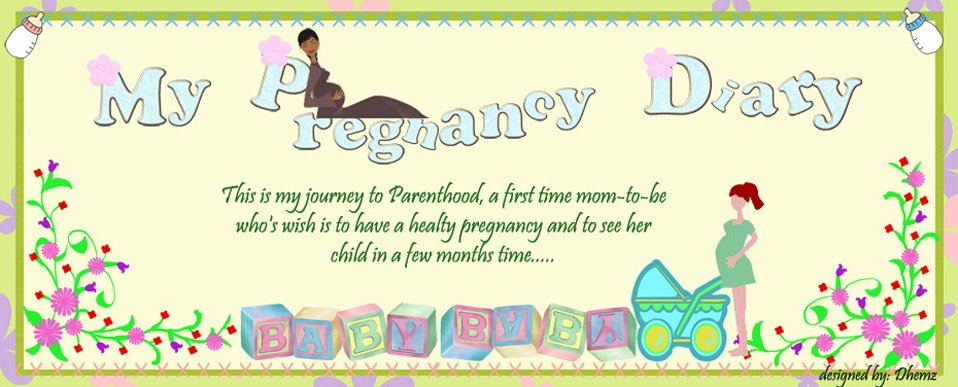Start your kids bedroom décor with cosy bedding. It is suggested that you do not opt for crib bedding because it is not comfortable. Choose a big bed with easy to clean fabric so that it is easy to clean. Initially choose the "crib bib" to keep your baby's bed more hygienic and dry. These are pieces of stretchable fabric across the top of the crib so that your baby feels comfortable in it.
 When your baby spits up, you have to change the bib only instead of whole bed sheet. For the kid to move freely buy a sturdy "changing table" with easy strap. Stick colorful pictures and keep tiny toys above the changing sheet to divert baby while changing. You can also put a border around baby's bed to make it safe when the baby starts standing up.
When your baby spits up, you have to change the bib only instead of whole bed sheet. For the kid to move freely buy a sturdy "changing table" with easy strap. Stick colorful pictures and keep tiny toys above the changing sheet to divert baby while changing. You can also put a border around baby's bed to make it safe when the baby starts standing up. Before selecting the theme for baby's room try to use new concepts so that the child feels lively and cheerful. A good way to apply a theme is repeating each color, print and fabric for a more co-ordinated and balanced look. If you keep these simple ideas in mind for baby room décor, the room will simply look very interesting. It is very important to give the room a soothing feel for the baby to sleep well. For late night changes consider a dimmer on the light switch. Decorate the windows of the room with cartoon printed curtains that will also be helpful for baby's sleep in the morning hours. Keep some soft toys in room for your baby to cuddle and play with.
Before selecting the theme for baby's room try to use new concepts so that the child feels lively and cheerful. A good way to apply a theme is repeating each color, print and fabric for a more co-ordinated and balanced look. If you keep these simple ideas in mind for baby room décor, the room will simply look very interesting. It is very important to give the room a soothing feel for the baby to sleep well. For late night changes consider a dimmer on the light switch. Decorate the windows of the room with cartoon printed curtains that will also be helpful for baby's sleep in the morning hours. Keep some soft toys in room for your baby to cuddle and play with. If you suddenly get a new baby room decorating idea, try to implement it in the room. There are few more things that you need to do to keep your baby safe. To displaying special gifts and stuffed animals build a long, high shelf to ensure that they are out of the child's reach. It may not be safe for the kid to play with the gift items because some of them may have sharp edges and chances are there that some may have chemical elements harmful for the child.
If you suddenly get a new baby room decorating idea, try to implement it in the room. There are few more things that you need to do to keep your baby safe. To displaying special gifts and stuffed animals build a long, high shelf to ensure that they are out of the child's reach. It may not be safe for the kid to play with the gift items because some of them may have sharp edges and chances are there that some may have chemical elements harmful for the child. Put a bright colored bookshelf for keeping some picture books. Select some interesting focal point for the room so that the kid can look at it and feel amused. A colored mural is a great idea. A well designed playing space can also act as a focal point. Remember to make a store to save plenty of clothes and toys. Kids bedroom décor ideas are a never ending process. As days pass by, more and more ideas keep coming up. Using decorated hardware doors, cabinets and drawers for more attractiveness is another great idea.
Put a bright colored bookshelf for keeping some picture books. Select some interesting focal point for the room so that the kid can look at it and feel amused. A colored mural is a great idea. A well designed playing space can also act as a focal point. Remember to make a store to save plenty of clothes and toys. Kids bedroom décor ideas are a never ending process. As days pass by, more and more ideas keep coming up. Using decorated hardware doors, cabinets and drawers for more attractiveness is another great idea. Keep electrical switches and cords out of the reach from your child. This is very important for the child's safety. Use gripe tiles on floor or use carpets so that the child does not slip and fall. Do not make storage space too high. Cover the window with grills for safety.I am sure these baby room decorating ideas can definitely help you to make your loved one's place lively and cute.
Keep electrical switches and cords out of the reach from your child. This is very important for the child's safety. Use gripe tiles on floor or use carpets so that the child does not slip and fall. Do not make storage space too high. Cover the window with grills for safety.I am sure these baby room decorating ideas can definitely help you to make your loved one's place lively and cute.





















































